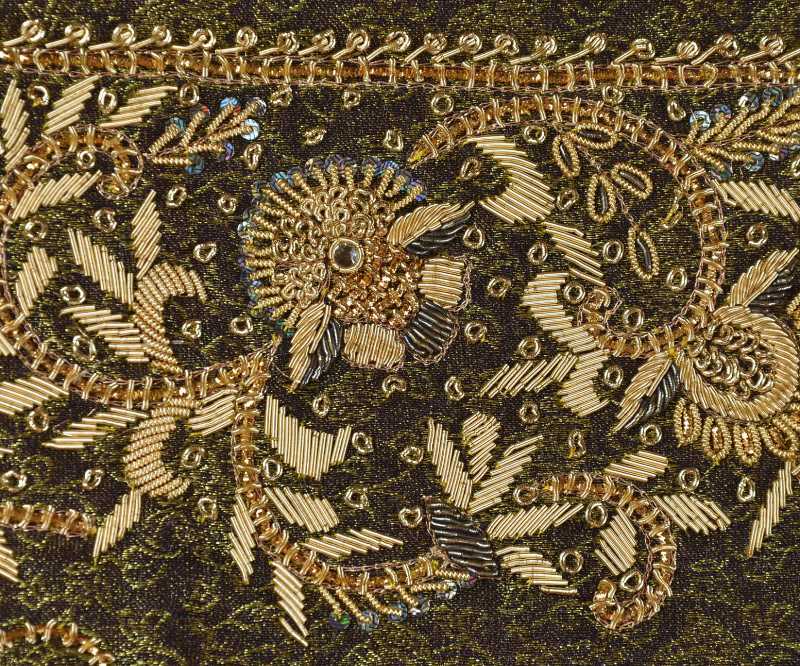===
0292,
7
===

=== |
 |
mihr : 'Love, affection, friendship, kindness, favour; mercy, pity, sympathy, feeling'. (Platts p.1099)
FWP:
SETS == IZAFAT
MOTIFS
NAMES == PARI
TERMS == THEMEIt's easy to see why SRF prefers the present verse to the others that he adduces: the others concern themselves chiefly with the need to acquire a 'heart of stone' in order to be strong enough to be faithful through passion's painful vicissitudes. That's understandable within the contexts the verses provide, but not too surprising in itself.
The present verse, more complexly, assumes the 'heart of stone' already, and adds the contrasts of glass with stone and of the Pari with the lover. The assumption is piquant in itself, because at first it seems counter-intuitive (we don't normally think of the lover as having a heart of stone); but Mir trusts us in the audience to be quick on the uptake, so that we can supply the reasoning ourselves, on the fly, in time to appreciate the particular contrasts adduced by the verse.
What kind of claim is the Pari instructed not to make? The izafat gives us choices. Perhaps it's a claim 'of' kindness or favor or affection (a claim that she is not cruel but in fact treats her lovers well), or it could be a claim 'for' kindness or favor or affection (a demand that her lovers show her more intimacy and love). Or perhaps she's even falling in love with someone herself, and might be seeking to establish her deservingness as a lover.
In any case, according to this verse she's just not cut out for it. Either she'd need to show a heart of stone herself (which is impossible for such a delicately glassy being) or she'd need to stand up to an encounter with hearts of stone in her lovers (which would certainly shatter her glass-like self). Since Paris are made of fire, it seems that their delicacy should be tempered with a certain hot fierceness, but the present verse chooses to take a different tack.
Note for grammar fans: Is the Pari delicate like glass (where se is short for jaise ), or is she 'more delicate than' glass (where the full form would be shīshe se ziyādah nāzuk )? In this verse it's hard to tell, but it also hardly matters.